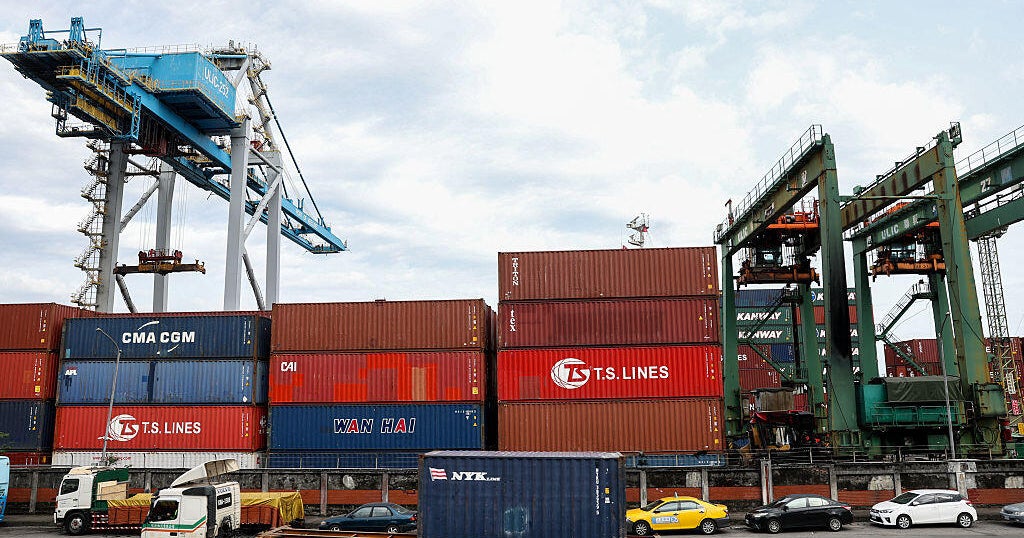Trump Unveils Reciprocal Tariffs, Impacting Global Trade Dynamics
On Wednesday, President Trump revealed a significant shift in American trade policy, declaring the introduction of “reciprocal tariffs” that could reshape the nation’s foreign relations. Starting April 5, a baseline tariff of 10% will be applied to all imports into the United States. This move will escalate further on April 9, targeting approximately 90 countries that already impose tariffs on U.S. goods.
Tariff Structure and Key Details
Under this new regime, tariffs will vary significantly based on the trading partner:
- Egypt, the United Kingdom, Ecuador, and the United Arab Emirates: 10% tariff
- European Union: 20% tariff
- Taiwan: 32% tariff
- China: 34% tariff
- Cambodia: 49% tariff (the highest among the affected countries)
However, Mexico and Canada are exempt from these new reciprocal tariffs. Nonetheless, both countries will still face a 25% levy due to existing steel and aluminum tariffs introduced earlier in the year.
Administration’s Justification
During a speech from the White House Rose Garden, President Trump articulated a perceived need for these changes, asserting that trade deficits pose a grave threat to national security and the American way of life. He emphasized:
“Trade deficits are no longer merely an economic problem. They are a national emergency that threatens our security and our very way of life. It’s a very great threat to our country,”
highlighting the administration’s aggressive stance on enhancing domestic economic security.
Global Reactions and Concerns
The international response has been varied, with leaders expressing disappointment and concern. China’s commerce ministry responded sharply, calling for an immediate cancellation of the tariffs. They emphasized the importance of resolving trade disputes through dialogue, warning that such unilateral actions could jeopardize global economic development.
European leaders also reacted critically:
- Swedish Prime Minister Ulf Kristersson lamented the U.S.’s departure from free trade principles, while Italian Prime Minister Giorgia Meloni described the tariffs on the EU as “wrong” and unbeneficial for any party involved.
- Irish Prime Minister Micheál Martin expressed his regret via social media, stating, “the decision by the US tonight to impose 20% tariffs on imports from across the European Union is deeply regrettable.” He underscored the considerable challenges this poses for Irish exporters and the broader economy.
Additionally, Japanese Trade Minister Yoji Muto voiced his discontent, labeling the tariffs as “extremely regrettable,” and urged the U.S. to reconsider its aggressive trade stance.
Economic Implications Ahead
Economists are sounding alarms about the potential impact these tariffs may have on ordinary Americans, particularly those from lower-income backgrounds. Concerns abound that the increased costs associated with tariffs could lead to broader financial struggles and even provoke a recession.
As the Trump administration moves forward with these new tariffs, the implications for American trade relations and the global economy remain intricate and far-reaching.

